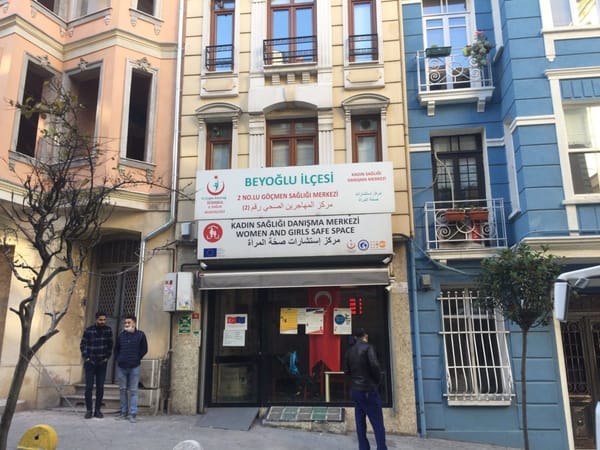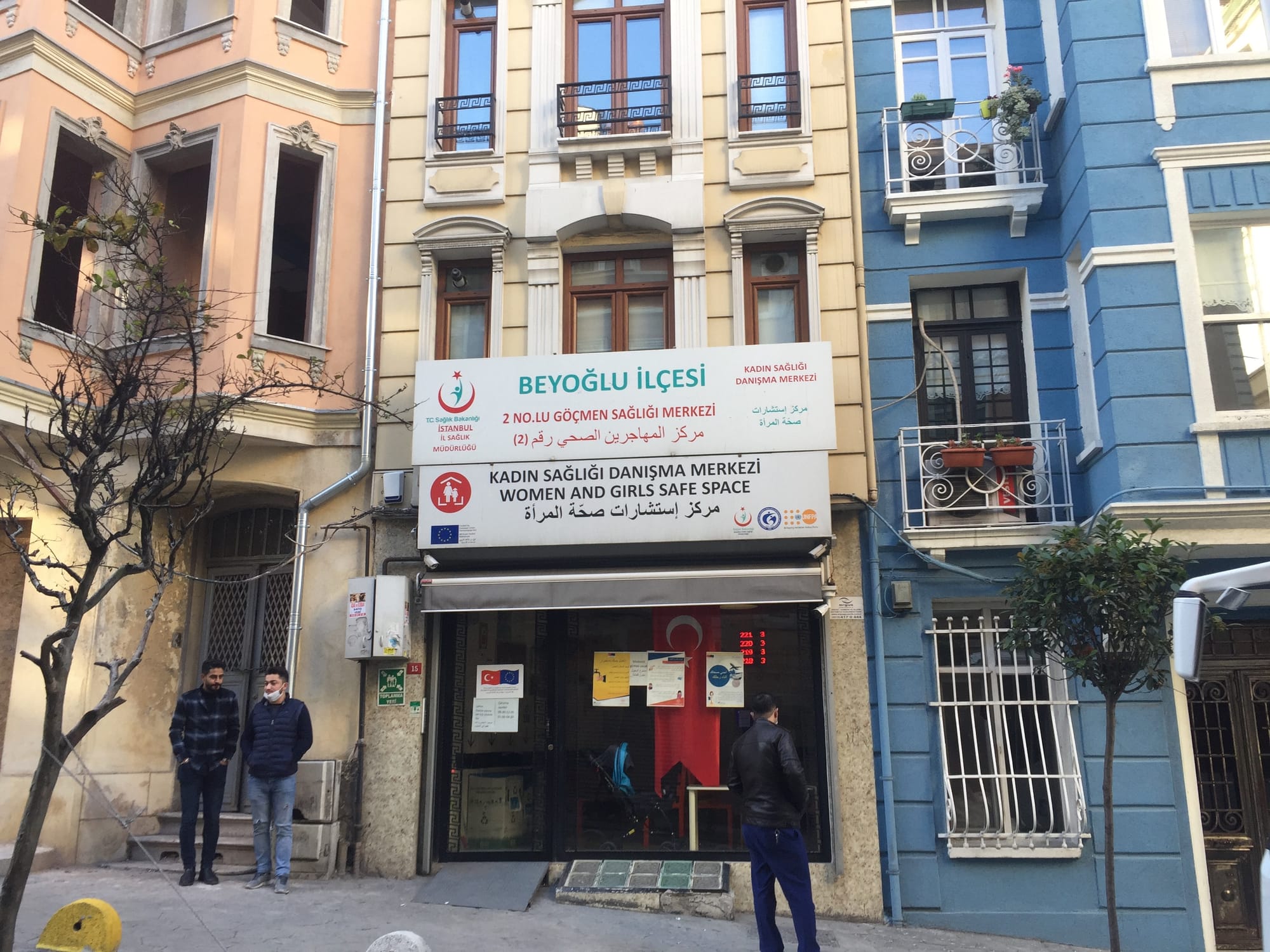Syrian Refugees Navigate Turkey’s Shifting Health Care Terrain
Registered Syrian refugees in Turkey are allowed to access free state health care. But the language barrier, registration difficulties and prejudice led to the emergence of informal clinics run by refugee doctors. Although the government has opened Migrant Health Centers to ease access and replace i








